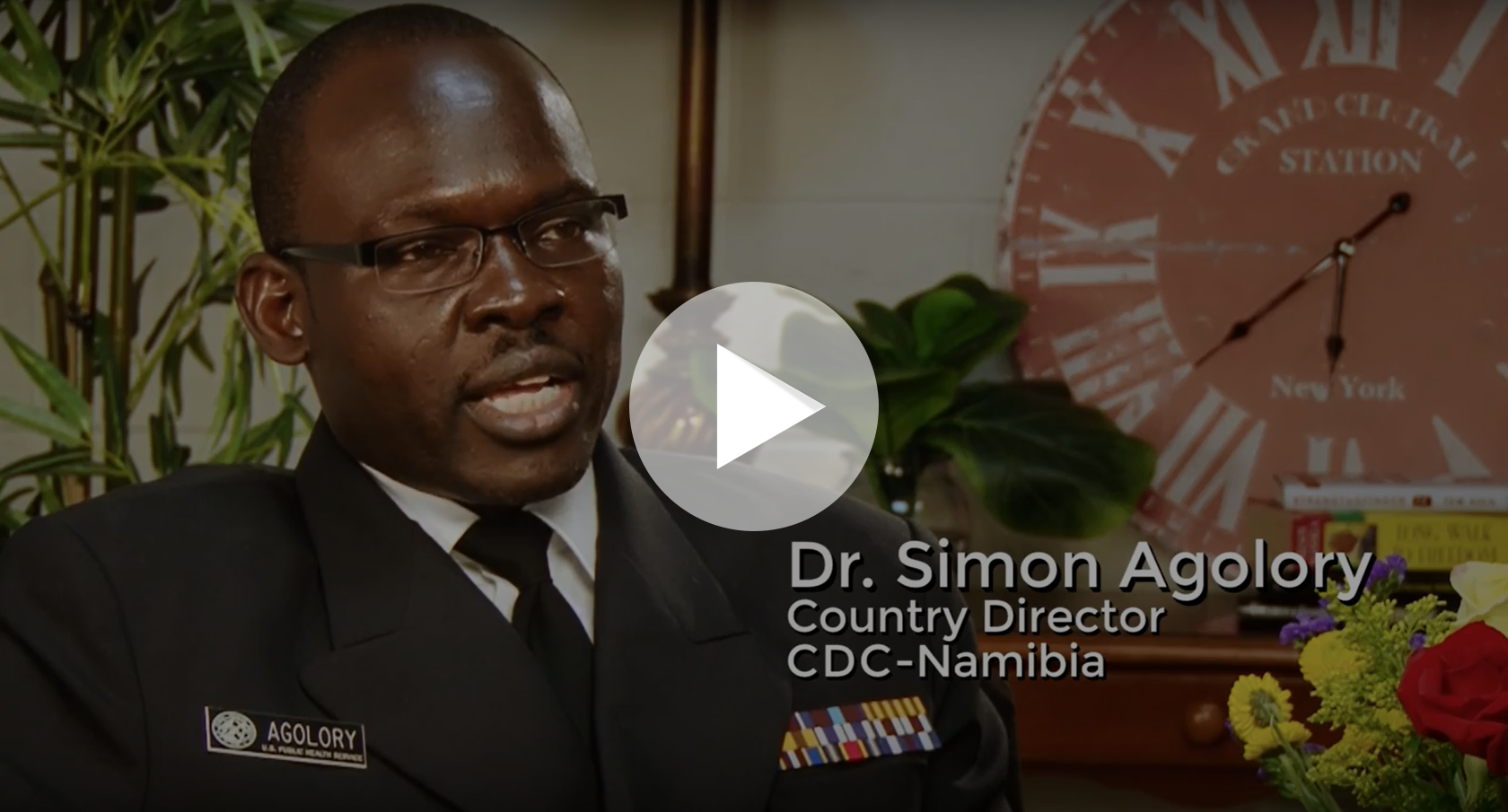CDC Expands Access to HIV Treatment in Underserved and Rural Areas Through Project ECHO

A new CDC-authored commentary in the August 12 edition of The Lancet highlights an effective training approach that dramatically increases access to specialty treatment in rural and underserved areas. Using aspects of telemedicine and video conferencing, this collaborative model, called Project ECHO (Extension for Community Healthcare Outcomes), offers long-distance training on medical education and care management that is patient-centered to clinicians across geographic borders. The ECHO model does not actually “provide” care to patients, but instead prepares front-line clinicians in rural and underserved areas with the knowledge and support they need to manage patients with complex conditions.
The article, “Building virtual communities of practice for health,” describes an early pilot of global expansion. Since the pilot, CDC, through the U.S. President’s Emergency Plan for AIDS Relief (PEPFAR), is helping to support expanding the ECHO model for effective HIV, TB, and laboratory programs globally. Experts in CDC’s Division of Global HIV & TB – Tedd V. Ellerbrock, MD, and David Lowrance, MD, MPH, DTM&H – co-authored the commentary and are helping to lead this effort.
CDC is implementing this approach in more than 23 countries across six continents. For example, this approach is being used in Namibia, which, until recently, did not have a medical school. To fill this gap in medical education and patient care management, Namibia’s Ministry of Health partnered with CDC-Namibia to hold weekly HIV teleECHO programs to support physicians, nurses, and pharmacists who care for more than 80,000 patients with HIV. During these programs, CDC provides training and educational materials virtually to healthcare professionals, which allows participants to share the knowledge gained with their colleagues.
Project ECHO was originally developed by the University of New Mexico to promote high quality care in domestic health services. Project ECHO has the potential to further accelerate global efforts towards reaching control of the HIV epidemic and maximize U.S. investments for the biggest impact possible. This model also helps countries to strengthen their own health systems, which makes the world a safer place for everyone.
Click on the video below to learn more about CDC’s collaboration with the Namibia Ministry of Health to implement Project ECHO.

Resources
To learn more about how CDC is expanding access to HIV treatment, the Division of Global HIV & TB offers the following resources:
- Page last reviewed: August 14, 2017, 02:55 AM
- Page last updated: August 14, 2017, 02:55 AM
- Content source:


 ShareCompartir
ShareCompartir